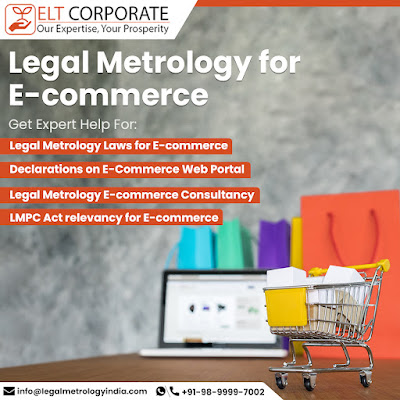- E-commerce entities are incorporated under the Companies Act 1956 and the Companies Act 2013. However, foreign companies are covered under clause 42 of section 2 of the Companies Act 2013. Buying and selling commodities, goods, and services on the platform of an e-commerce portal are known as the e-commerce business.
- It also includes digital products over digital and electronic networks. Recently, some major amendments have happened to the e-commerce entities which are introduced as the marketplace-based model of e-commerce, the inventory-LED model, and the marketplace model. Under these models, the e-commerce websites are portals, and their work decides under which model such e-commerce websites are working.
- In today's era, e-commerce entities are playing a major role in the lives of every citizen. Whenever it comes to shopping or buying any commodity, the majority of the population prefers to go on the e-commerce entities or e-commerce sites as it gives numerous varieties on a single platform, and also people can easily compare one product with another product by setting edges in one place.
- Purchasing commodities through e-commerce sites is also less time-consuming and provides more opportunities to the consumer, as well as the e-commerce entities to deal in the market.
- During the time of COVID, the preference for online shopping or shopping through e-commerce entities has increased rapidly. It is not just a matter of having a variety of choices, but now also a matter of health, safety, and security as people don't prefer to go out and shop or enter the market.
- Increasing the opportunities of e-commerce sites and the opportunities for consumers to buy commodities through e-commerce sites has also increased the amount of fraud and cheating by customers.
- Not all e-commerce sites conduct fraud, but some sites may not follow the rules and regulations of legal metrology which will ultimately lead to cheating on the consumer. In order to stop the non-compliance of rules and regulations of legal metrology, the government must keep a check on e-commerce sites and ensure that all e-commerce sites are properly complying with the rules and regulations of legal metrology so that the proper declarations, the proper amount of knowledge and accurate facts about the product or commodities will be known to the consumer while purchasing any commodity through e-commerce sites.
- There is great relevance of legal metrology in e-commerce sites as it takes care of the product and commodity that the manufacturer is selling to the consumer on the portal of e-commerce entities.
- Legal metrology not only ensures the declarations and other facts about the commodity but also protects the interest of the consumer and takes care that no fraud or cheating should happen to the consumer on the portal of e-commerce entities.
- The e-commerce entities need to make the declarations as per the legal metrology act and they should declare the name of the manufacturer, the address of the manufacturer, along with its contact number and email ID on the portal of e-commerce sites so that the consumer should know from where the product belongs and what the origin of the product is.
- Declarations also make it mandatory to disclose the MRP, which should include all the tax rates in the correct form.
- E-commerce entities are bound to follow the rules and regulations of legal metrology in order to save themselves from legal metrology disputes. By not following the rules and regulations laid down by the legal metrology, e-commerce entities are not allowed to deal in the Indian market, so every e-commerce entity must follow the rules and comply with the rules.
Legal Metrology for E-Commerce
Subscribe to:
Post Comments (Atom)


No comments:
Post a Comment